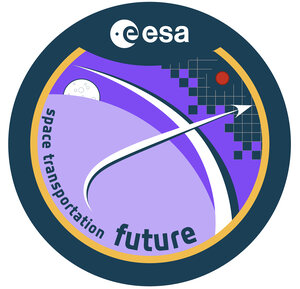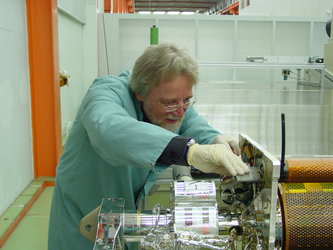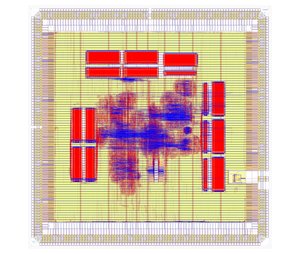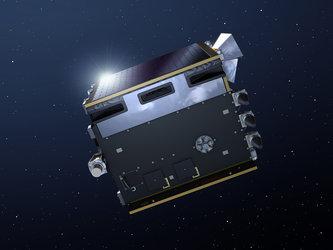Hitching a ride
Progress in space depends on innovation. The Proba series offers early spaceflight opportunities for new technologies from European companies, especially from small and medium enterprises, helping to boost Europe’s competitiveness in global markets.
Accordingly, Proba-V is crammed with as many technology demonstration packages as possible, known as guest payloads. These are promising technologies from all across Europe, which are being given an early chance for a try-out in space.
For innovative products, flight heritage is essential for market acceptance. Conservative by training, mission managers are disinclined to take chances on novelties: they want to know above all else that new products have already been proven to work reliably.
The two previous Proba missions have been the first to fly such subsequently influential innovations as the first lithium-ion battery for space, the first gallium arsenide solar cells, the first APS-based startracker and the first LEON2-FT microprocessor, ESA’s latest generation of space computer chips.
Proba-V had less room to spare for ‘techno-demo’ payloads than its predecessors, but the team still did their very best to accommodate as many other items as possible, adding an extra couple of payloads by taking out the weights used to keep the satellite’s centre of gravity in balance with its centre of geometry.















 Germany
Germany
 Austria
Austria
 Belgium
Belgium
 Denmark
Denmark
 Spain
Spain
 Estonia
Estonia
 Finland
Finland
 France
France
 Greece
Greece
 Hungary
Hungary
 Ireland
Ireland
 Italy
Italy
 Luxembourg
Luxembourg
 Norway
Norway
 The Netherlands
The Netherlands
 Poland
Poland
 Portugal
Portugal
 Czechia
Czechia
 Romania
Romania
 United Kingdom
United Kingdom
 Slovenia
Slovenia
 Sweden
Sweden
 Switzerland
Switzerland
































